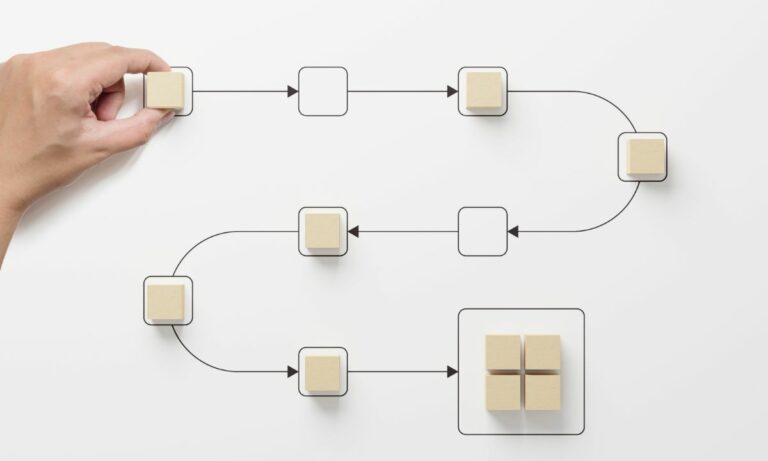Healthcare, a sector known for its complex and highly regulated operations, is in dire need of process optimization. The growing demand for improved patient care, coupled with the need for regulatory compliance, has made the optimization of healthcare processes a top priority. One area that stands out in particular is the management of medical consents. These consents, which are essential for protecting patients’ rights and ensuring compliance with legal requirements, often involve a great deal of paperwork and manual effort. However, with the advent of Business Process Management (BPM) automation, this scenario is changing rapidly.
Understanding Medical Consent Management
Before we delve into how BPM automation can revolutionize medical consent management, let’s first understand what it is. Medical consent management involves obtaining and documenting a patient’s permission before performing any healthcare procedure or treatment. This process, while critical, often involves redundant tasks and excessive paperwork, leading to inefficiencies and errors.
Furthermore, any inaccuracies or non-compliance in this process can lead to severe legal consequences for healthcare providers. Therefore, there is a pressing need to streamline and automate this process to improve efficiency, accuracy, and compliance.
Now that we understand the significance and challenges of medical consent management let’s see how BPM automation can help revolutionize this process.
Role of BPM Automation in Streamlining Medical Consent Management
BPM automation can play a vital role in streamlining medical consent management in several ways. Firstly, by automating the process, healthcare providers can eliminate the need for manual work and paperwork, which are often sources of errors and inefficiencies. This not only saves time and resources but also improves the accuracy of the process.
Secondly, BPM automation can make the process more transparent and traceable. With automation, healthcare providers can easily track and monitor the consent process, ensuring compliance with regulatory requirements. Moreover, automation can also provide real-time notifications and reminders, ensuring timely and effective consent management.
Lastly, BPM automation can help customize the consent process based on individual patient needs and preferences. This can significantly enhance patient engagement and satisfaction, which are crucial in today’s patient-centric healthcare environment.
Benefits of Using Flokzu for Medical Consent Management
If you’re looking to optimize your medical consent management process, Flokzu is the perfect solution. Flokzu offers an easy-to-use BPM platform that can help automate and streamline your consent management process.
With Flokzu, you can create customized workflows for your consent process, ensuring that it matches your specific needs and requirements. Moreover, Flokzu’s platform is highly secure and compliant, ensuring that your patient data is safe and protected.
Best of all, Flokzu’s pricing is highly competitive, making it a cost-effective solution for healthcare providers of all sizes. So, if you’re looking to revolutionize your medical consent management process, Flokzu is the way to go.
In conclusion, BPM automation presents a promising solution for revolutionizing medical consent management in healthcare. By streamlining and automating this process, healthcare providers can improve efficiency, accuracy, and compliance, thereby enhancing patient care and satisfaction. So why wait? Schedule a free demo of Flokzu today and start your journey towards process optimization.






























